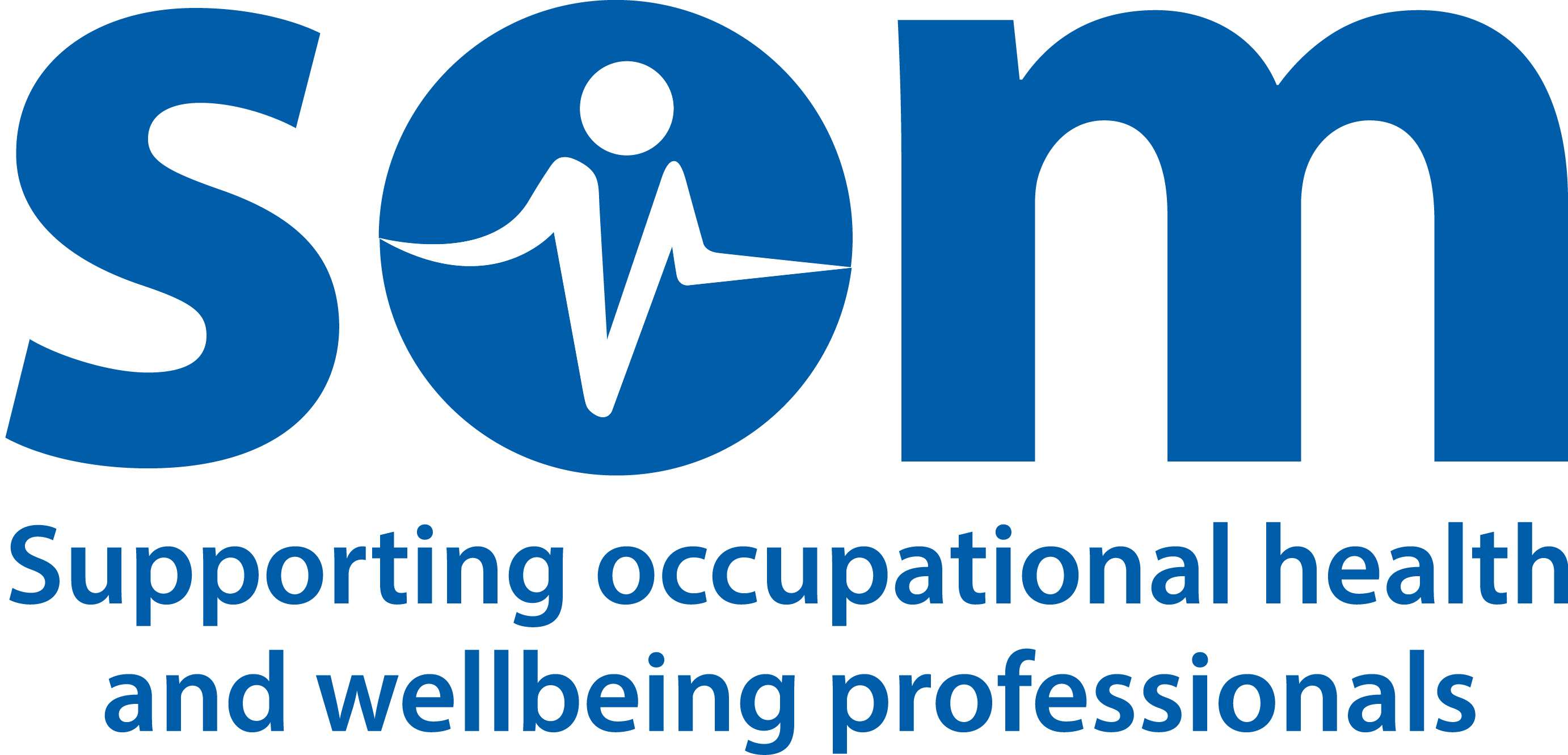
The current HSE (Health and Safety Executive) guidance outlining when employers should report work related COVID-19 may miss many thousands of cases and should be widened, according to a new study published today in Occupational Medicine Journal.
The HSE receives RIDDOR reports on certain injuries, diseases and dangerous occurrences which have occurred as a result of work; this allows investigations to occur, in order to prevent future adverse events. The study undertaken by Professor Raymond Agius assessed the guidelines that dictate when an employer should report a work-related COVID-19 infection, death or dangerous occurrence.
The study author then asked practitioners to estimate the likelihood that COVID-19 disease may have arisen from two scenarios, one of which is reportable to the HSE as a dangerous occurrence under the current guidance and one which is non-reportable. The participants ranked the non-reportable scenario as the most likely to result in a COVID-19 work related infection.
The study author then assessed data from the Office for National Statistics (ONS) and outlined which occupations pose a higher risk of COVID-19 death when compared to the risk faced by the general public. Some of the highest risk occupations included bus drivers, taxi drivers and security guards. The HSE guidance doesn’t correspond with this data, as the guidance excludes reports from occupations where employees are working with the general public as opposed to persons known to be infected.
Professor Raymond Agius also assessed the guidance on when doctors should report a COVID-19 death that is attributable to employment to the coroner. It was felt that the threshold to report a case to the coroner is much lower than the HSE guidance, as it allows notifications from any form of employment.
The coroners’ guidance also corresponded better with the data from the ONS which indicates how high the risk is for different occupations. Professor Raymond Agius warns that coroners do not have the resources to engage their own experts and they cannot recommend specific solutions. Coroners are also unlikely to be competent in the science of aerosols or personal protective equipment, whereas the HSE have experience in these areas.
Based on the current guidance the HSE is likely to fail to capture many thousands of work related COVID-19 deaths. Professor Raymond Agius recommends that the HSE should widen its guidance so that work-related COVID-19 can be appropriately investigated in order for advice to be given to prevent further deaths.
Professor Raymond Agius said: “Current RIDDOR coronavirus guidance from the HSE is difficult to apply. Available evidence suggests that it might have failed in capturing many thousands of work related COVID-19 disease cases and hundreds of deaths. Thus, the HSE is missing valuable opportunities for investigations that could lead to advice to prevent future disease and death.
“The HSE guidance on RIDDOR reporting relating to COVID-19 would benefit from amendment to improve clarity and ease of use and to explicitly allow reports from a wider range of occupations dealing with the general public.”
Professor Agius also highlights that the HSE will need to increase their inspections substantially in order to investigate the reports that they have received to date. Based on the current level of resources that the HSE has access to, the study author has recommended a rapid forward looking review of the UK’s occupational preventative measures.
Read the study 'COVID-19: statutory means of scrutinizing workers' deaths and disease' by Professor Raymond Agius here.
Article written by Dr Yvette Martyn

